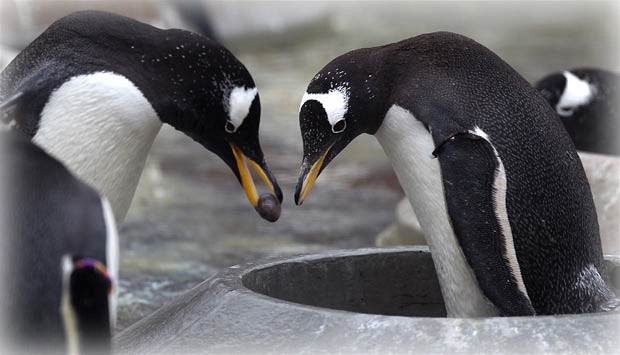So, where to begin? We have to understand the process of how we learn. The text states that we learn in layers over time, in patterns, through our senses, socialization, prompts, cues, and association. If we learn this way, then learning should be natural, habitual, and cumulative.
Over time, we tend to accumulate more and more information. We take the old information we currently have and apply the new knowledge we have acquired. Of course, this can happen so naturally in ways we don't even think we're learning it. Can you remember when your child used to call everything kitty? How exciting was it that your dog, out of nowhere, became puppy or Spot? It can be argued that maybe you corrected your child so much that they finally understood. Even that was only natural. We do it out of habit, because we know it's a dog and not a cat. And all this adds to the vast amount of knowledge we obtain over time!
We tend to make patterns in our head when we learn something new. Patterns range from simple to complex! It is all dependent on the cumulative knowledge we have at the given time. Take the following image and try to memorize all of the lines.
Did you try to remember it by the order, colors, or number of fruits? Or did you use all three? Depending on your previous knowledge, it would make sense that you tried any multitude of patterns to make sense of the new information. Creating patterns is something that comes out of habit for us and it's something we continue to use as we learn something new.
We tend to learn through our senses and it's always so much more memorable. I have the perfect example for that. When my younger sister came home, she used to walk around in the walkers. She didn't know how to walk yet, but I did. So my mom thought it was fitting to hand down the walker to her. Needless to say, I hated it. So I started biting my little sisters fingers. My mom finally caught me doing it and started to bite my fingers. It's funny, but my mom says I immediately stopped doing biting my sisters fingers because I found out how painful it was for my sister. Ah, in that, a lesson learned through my senses. We do this all the time! It ties in to learning through socialization. We use our family, friends, and any other human being to help us understand the world around us. One of the things I like to do is share my new knowledge with others. I'll read articles and talk about their content with others. Funny enough, it seems to integrate the new knowledge with my previous knowledge. Just like teaching others. You begin to understand the material much easier when you can teach someone else.
Finally, we can learn through prompts, cues, and association. Someone brings up penguins. You start thinking about all the different penguins there are. You think about how penguins mate for life. That's adorable. Some penguins, when they find their mate, they present them a pebble. Similar to how humans present their mates a wedding band/ring. Then it reminds you about how your best friend was getting married and how you still haven't gone to the fitting for the bridesmaid dress. So from penguins, you've managed to go into a bridesmaid dress. This is part of the cueing process in the brain.
The text narrows down how we learn. Although it makes sense that this is how we learn, can we say there is more than that? The brain is such a complex feature in everyone, that there may so many other ways that are possible that we can learn. Are there different ways that your learn other than mentioned in my textbook? Let's hear it! I really liked the strategies offered in the book. It takes a lot of theories in psychology and takes them all to be true in some extents.


